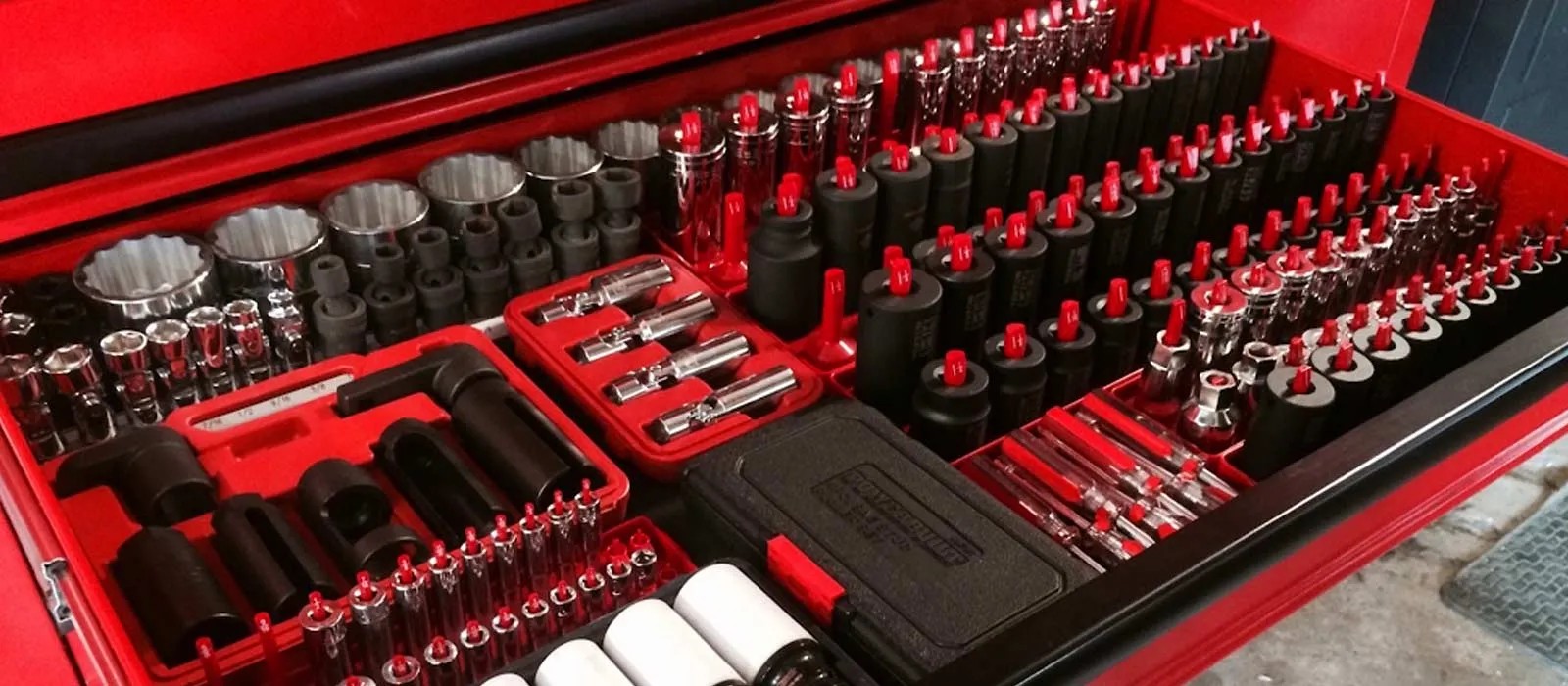Having the right tools is essential for any auto mechanic, whether you’re a seasoned professional or just starting out. Understanding the different types of tools available will help you tackle basic car repairs effectively and efficiently. This guide will break down the essential tool categories for basic auto repair.
Core Hand Tools: The Foundation of Your Toolkit
Every mechanic needs a solid set of core hand tools. These are the fundamental tools used for a wide range of tasks, forming the backbone of any toolkit. Essential core hand tools include:
- Wrenches: Used for tightening and loosening nuts and bolts, available in various types like combination wrenches (with both open and closed ends), adjustable wrenches, and socket wrenches.
- Sockets: Cylindrical tools that attach to a ratchet or wrench handle, providing different sizes and drive types for various fasteners.
- Ratchets: Handles with a mechanism that allows for quick and continuous turning without removing the socket from the fastener.
- Screwdrivers: Essential for removing or tightening screws, available in various types and sizes, including Phillips head, flathead, and Torx.
- Pliers: Versatile tools for gripping, cutting, and bending wires or small parts. Common types include slip-joint pliers, needle-nose pliers, and locking pliers.
 alt text: A collection of essential hand tools for basic auto repair including wrenches, sockets, ratchets, pliers and screwdrivers.
alt text: A collection of essential hand tools for basic auto repair including wrenches, sockets, ratchets, pliers and screwdrivers.
Torque Measurement Tools: Ensuring Proper Fastener Tightness
Torque measurement tools are crucial for applying the correct amount of force when tightening fasteners. Over-tightening can damage components, while under-tightening can lead to parts loosening. Key torque tools include:
- Torque Wrenches: These wrenches allow you to set a specific torque value, ensuring fasteners are tightened to the manufacturer’s specifications. Different types exist, such as beam-type, click-type, and digital torque wrenches.
Power Tools: Speeding Up the Repair Process
Power tools significantly reduce the time and effort required for many tasks. Common power tools for basic auto repair include:
- Impact Wrenches: Provide high torque output for quickly removing and installing lug nuts and other stubborn fasteners. Available in cordless and air-powered versions.
- Drills: Used for drilling holes, driving screws, and other tasks. Cordless drills offer portability, while corded drills provide more consistent power.
Tool Storage & Organization: Maintaining a Functional Workspace
Keeping your tools organized is crucial for efficiency and safety. Proper storage solutions include:
- Toolboxes: Provide a secure and organized space to store your tools, ranging from small portable boxes to large rolling cabinets.
- Tool Chests: Larger storage solutions with multiple drawers and compartments for organizing a wide range of tools.
- Socket Organizers: Keep sockets arranged by size and drive type for easy access.
Diagnostic Tools & Testing Equipment: Identifying Problems Accurately
Diagnostic tools help pinpoint the root cause of automotive problems. Essential diagnostic tools include:
- Multimeter: Measures voltage, current, and resistance, allowing you to test electrical circuits and components.
- Code Readers: Retrieve diagnostic trouble codes (DTCs) from the vehicle’s computer, providing clues about potential issues. Some basic code readers will only read the codes whereas more advanced scan tools will provide live data as well. This will allow you to see sensor readings change in real time.
Building Your Basic Auto Repair Tool Kit
Building a comprehensive tool kit takes time and investment. Start with a basic set of core hand tools and gradually expand as your skills and needs grow. Prioritize quality tools from reputable brands for durability and reliability. While employers often provide specialized equipment, owning your personal tools enhances efficiency and professionalism. Investing in the right Types Of Tools For Basic Auto Car repair empowers you to perform maintenance and repairs effectively, saving you money and keeping your vehicle in top condition.

